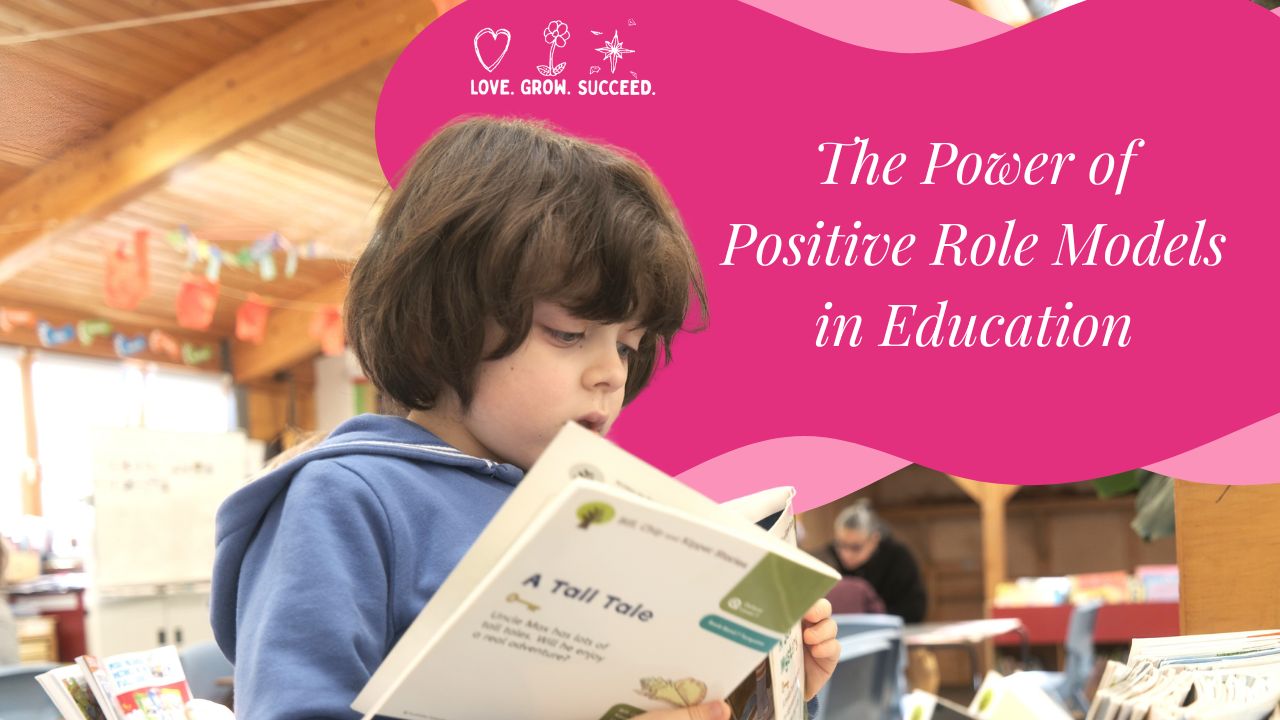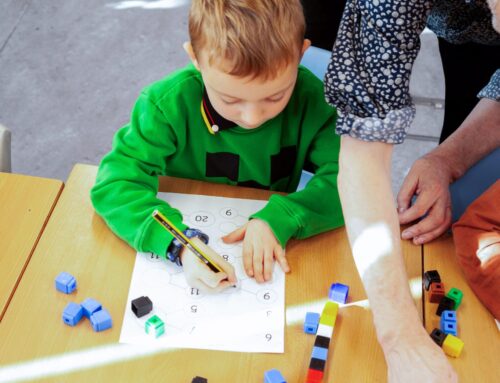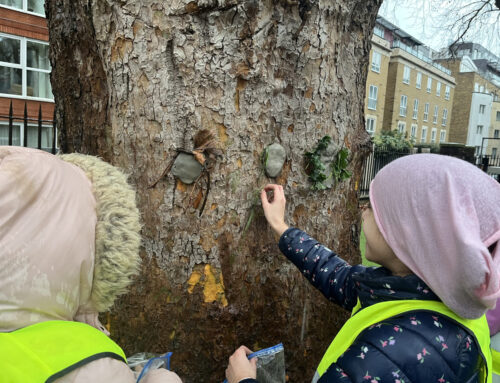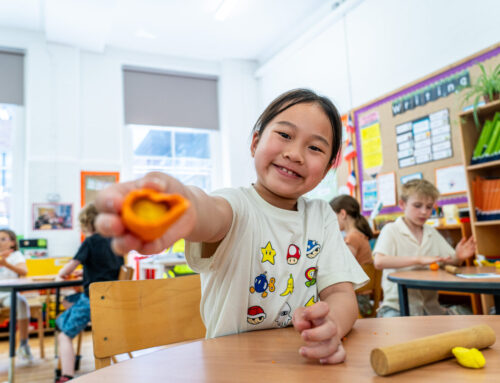The new Netflix series Adolescence has reignited important conversations about the influences shaping young minds today. From the scarcity of positive male role models in mainstream media to the concerning rise of figures promoting outdated and harmful attitudes, it’s clear that children, especially boys, need strong, diverse role models to help them develop a healthy sense of identity and belonging.
At Dallington School, we are committed to ensuring that all our children, regardless of gender, have access to nurturing, progressive, and empowering role models. Our approach to education helps counteract the problematic messages circulating in popular culture and equips children with the skills to navigate the world with confidence, empathy, and resilience.
Positive Role Models for Young Boys
One of the unique aspects of Dallington School is our balanced ratio of male and female teachers, something quite rare in primary education. This provides our children with a broad spectrum of role models, demonstrating that kindness, intelligence, creativity, and emotional strength are not gendered qualities. Having both male and female teachers in leadership and mentoring roles allows boys to see positive masculinity in action, fostering respect and emotional well-being.
When children experience a diverse range of role models, they learn that there isn’t just one way to ‘be a man.’ Instead, they are encouraged to develop their own strengths and values, rather than adopting narrow, outdated stereotypes that can be damaging in the long run.
Teaching Critical Thinking in the Digital Age
With so much of today’s discourse happening online, children are exposed to a wealth of information, some of it positive, but much of it misleading or even harmful. Social media, YouTube, and online forums can sometimes present skewed perspectives on gender, success, and relationships, which can be particularly influential for young boys searching for identity and belonging.
At Dallington School, we actively teach critical thinking and emotional intelligence to help children develop a healthy relationship with the digital world. Our curriculum encourages open discussions about online influences, helping children to question and analyse the messages they encounter. This enables them to make informed decisions rather than passively absorbing harmful narratives.
In addition, we hold digital safety workshops for parents, ensuring that they, too, are equipped to guide their children through the challenges of the online space. Our staff regularly attend safeguarding meetings to stay up to date on emerging risks and best practices for keeping children safe online and offline.
How Progressive Education Safeguards Children
At the heart of our philosophy is the belief that all children should feel valued and understood. Our progressive approach fosters an environment where boys (and girls) are encouraged to express themselves freely, develop emotional intelligence, and build meaningful relationships based on mutual respect.
Rather than focusing solely on academic achievement, we prioritise holistic development, helping children understand the importance of empathy, creativity, individuality, and collaboration. By embedding these values into our teaching, we give boys the tools they need to grow into thoughtful, responsible, and emotionally secure individuals.
Shaping a More Positive Future
The influence of popular culture on young minds is undeniable, but education plays a crucial role in shaping the values and attitudes children carry into adulthood. At Dallington School, we are committed to countering harmful influences by providing a nurturing, well-rounded learning environment where all children can thrive.
By surrounding young boys with positive role models, teaching them to think critically, and creating a school culture based on kindness and inclusivity, we are helping to build a future where respect, empathy, and individuality are celebrated.
In a world where misleading and problematic messages are only a click away, we believe that the right education can make all the difference.





